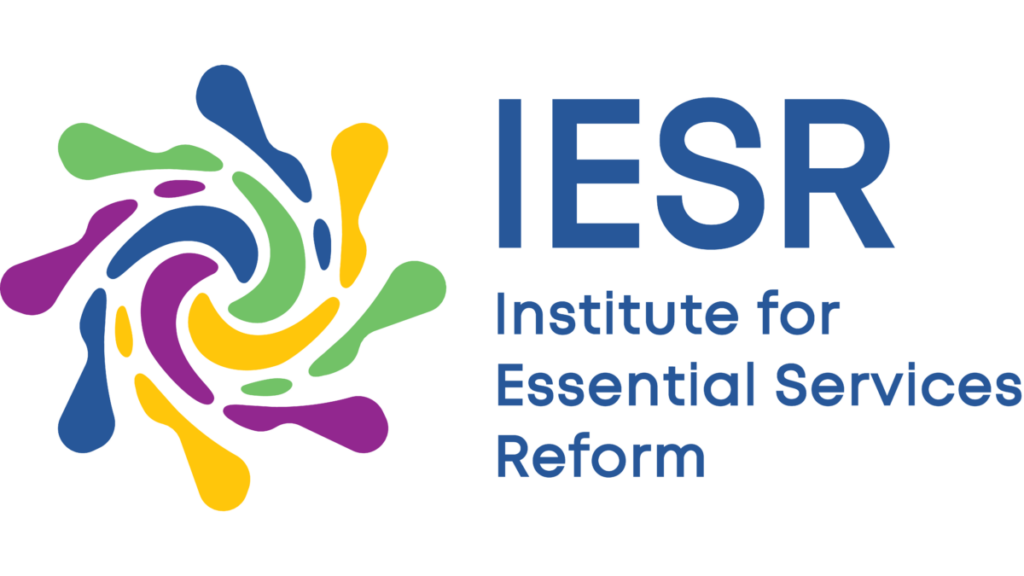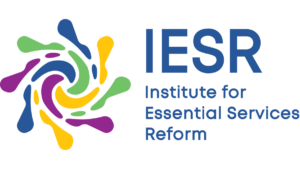Background
Indonesia has enormous renewable energy potential, which can be utilized not only for electricity generation but also for green hydrogen production. Green hydrogen plays a strategic role in supporting the decarbonization of hard-to-abate sectors, strengthening national energy security, and facilitating renewable energy integration by functioning as a flexible load and energy storage medium. Furthermore, green hydrogen also opens up opportunities to expand access to clean energy in remote areas.
Given its various potential uses, the Ministry of Energy and Mineral Resources (ESDM) projects that domestic demand for low-carbon hydrogen will increase significantly, reaching 11.7 million tons per year by 2060. To meet this demand, Indonesia needs to optimize its abundant renewable energy resources as the primary source of low-carbon hydrogen production, particularly green hydrogen, to replace gray hydrogen, which currently dominates domestic use. The period from 2025 to 2030 will be the phase for building the foundation of Indonesia’s hydrogen ecosystem, including the development of standards, regulations, and certification systems to support market growth.
To support Indonesia’s readiness to meet the increasing demand for green hydrogen, a detailed and comprehensive mapping study of its green hydrogen production potential is required. This study will guide the development of green hydrogen production facilities, hydrogen industrial clusters, and efficient hydrogen distribution hubs. This mapping will integrate hydrogen demand analysis with an assessment of the economic potential of renewable energy resources to produce an accurate and cost-based map of production potential. In line with the national development planning agenda (RPJPN), this study will focus on two strategic regions for low-carbon hydrogen development in Indonesia: Kalimantan and Papua.
In response to this need, IESR is inviting qualified experts to support the study, which aims to project the potential for green hydrogen production based on the availability of renewable energy resources in Kalimantan and Papua. Furthermore, this study will identify locations with high renewable energy potential and proximity to hydrogen demand centers, with the aim of improving distribution efficiency and optimizing the hydrogen supply chain.
Timeline Proposal
Prospective service providers must submit a proposal package consisting of a technical proposal (background, tasks to be performed, methodology, schedule), a cost proposal (total proposed labor rates and other costs), and a relevant resume and portfolio. All bidders are also required to submit administrative bid documents, which can be downloaded through this link: s.id/documentsrfpcommsiesr.
Proposals will be received no later than 11:59 PM Western Indonesian Time (WIB, GMT+07) on Wednesday, July 23, 2025. Any submissions received after that date and time will be deemed inadmissible. Please address your application to the Green Energy Transition Indonesia (GETI) Program Manager at erina@iesr.or.id, the GETI Analyst at rheza@iesr.or.id, the Senior Analyst at farid@iesr.or.id, the Research Coordinator at his@iesr.or.id, the Project Officer at alifiadarmayanti@iesr.or.id, and the CC to deasy@iesr.or.id. If you have further questions regarding this RFP, please contact rheza@iesr.or.id.
Please include “RFP Response – Research Consultant for Study on Green Hydrogen Production Potential: Kalimantan and Papua” in the email subject line.



